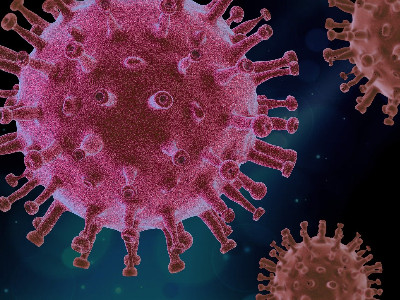Thursday 22nd October 2020, 3:42pm

Three Mountaineering Scotland members have been involved in producing a scientific paper on the COVID-19 pandemic and its impact on mountain sports.
Henning Wackerhage, Roger Everett and Simon Richardson worked together with an international team of researchers and mountaineers from Europe and North America to review the impact of the virus on outdoor mountain sports.
The paper is currently awaiting peer review and publication, but has been made available in draft form because of the immediacy of the current situation, both to help mountaineers and hopefully politicians to develop an understanding and to receive input from stakeholders.
The key conclusion in the paper is that there is no evidence of anyone becoming infected with SARS-CoV-2 during outdoor mountain sports, suggesting that the SARS- CoV-2 infection risk is low while pursuing these activities. The paper summarises measures that can be adopted to reduce the risk of SARS-CoV-2 infection during mountain sports and associated activities, and makes a recommendation on how to return to mountain sport after a SARS-CoV-2 infection.
It is hoped the information will be found useful as winter approaches with increasing calls for further restrictions, and the paper has been circulated to sportscotland and the Scottish Government as evidence of the relatively low risk of transmission whilst participating in mountain sports. It also supports the approach Mountaineering Scotland has taken in our letter to the First Minister arguing that the importance of mountaineering activities from a health and wellbeing perspective means people should be able to continue to travel to enjoy access the hills and mountains.
Stuart Younie, Mountaineering Scotland’s CEO, said: “This draft paper is the first comprehensive study into Covid – 19 as it impacts on mountain sports and is a significant step forward in understanding how we can manage and reduce the risks of transmission. It is encouraging that it confirms many of the risk areas we have already identified in our guidance documents and, importantly, the relatively low risk overall of transmission when participating in mountain sports. We would like to convey our thanks to the research team for all the work they have put into the study and are grateful that they have been willing to share it with us at this early stage.”
The authors are keen to receive feedback on the paper, which can be submitted via Mountaineering Scotland to info@mountaineering.scot